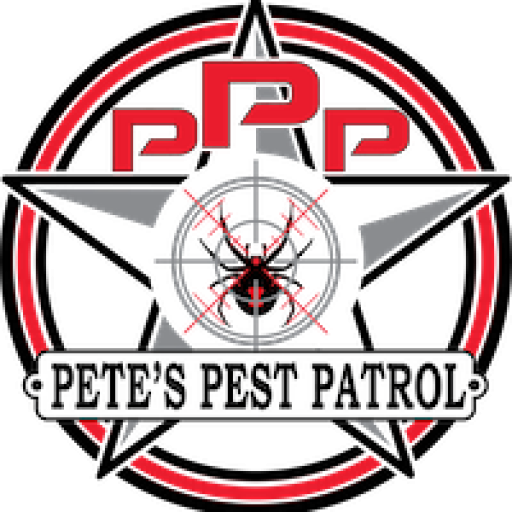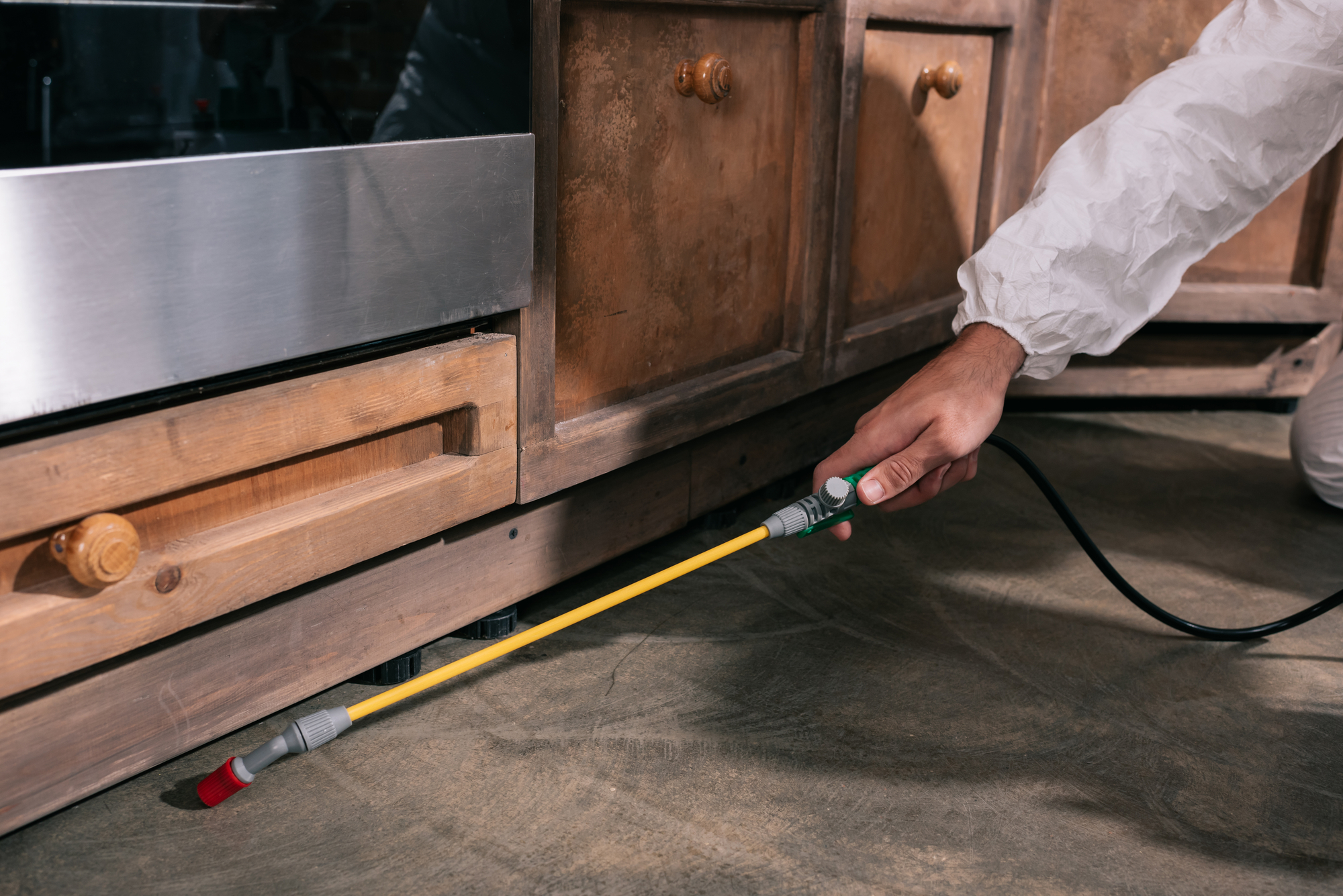
Friendly Local Exterminator
Why Specialty Pest Control Matters | When Basic Fixes Fail
Unusual pests don’t respond to one-size-fits-all sprays. They hide deep, breed fast, and dodge DIY tricks. Specialty pest control targets the exact bug and the way it lives.
Our team studies the problem first. We look for entry points, food sources, and moisture. Then we match the treatment to what we find.
That custom plan means fewer surprises later. You get safer methods, faster relief, and a home that stays protected longer.
Committed to Quality Pest Control
Benefits of Specialty Pest Removal
Specialty pest removal hits the root of the issue, not just the surface. Results last longer because we go after nests, eggs, and hidden trails.
You also get fewer harsh chemicals in your space. We use heat, dusts, baits, and sealing work when it makes sense. Pets and kids stay safer.
Better knowledge brings better fixes. Our licensed pros know each pest’s habits. That know-how turns into clean, confident living for you.
Targeted Solutions: Targeted treatments focus on specific pests for more effective results.
Long-Term Relief: Our treatments provide long-lasting pest control by addressing the root cause.
Reduced Chemical Exposure: Specialty treatments use fewer chemicals, ensuring safety for humans and pets.
Expertise and Knowledge: Specialized pest control experts are trained to understand pest behavior and biology to provide effective solutions.
Preventive Measures: Preventive treatments help prevent future infestations by giving homeowners proactive tips.
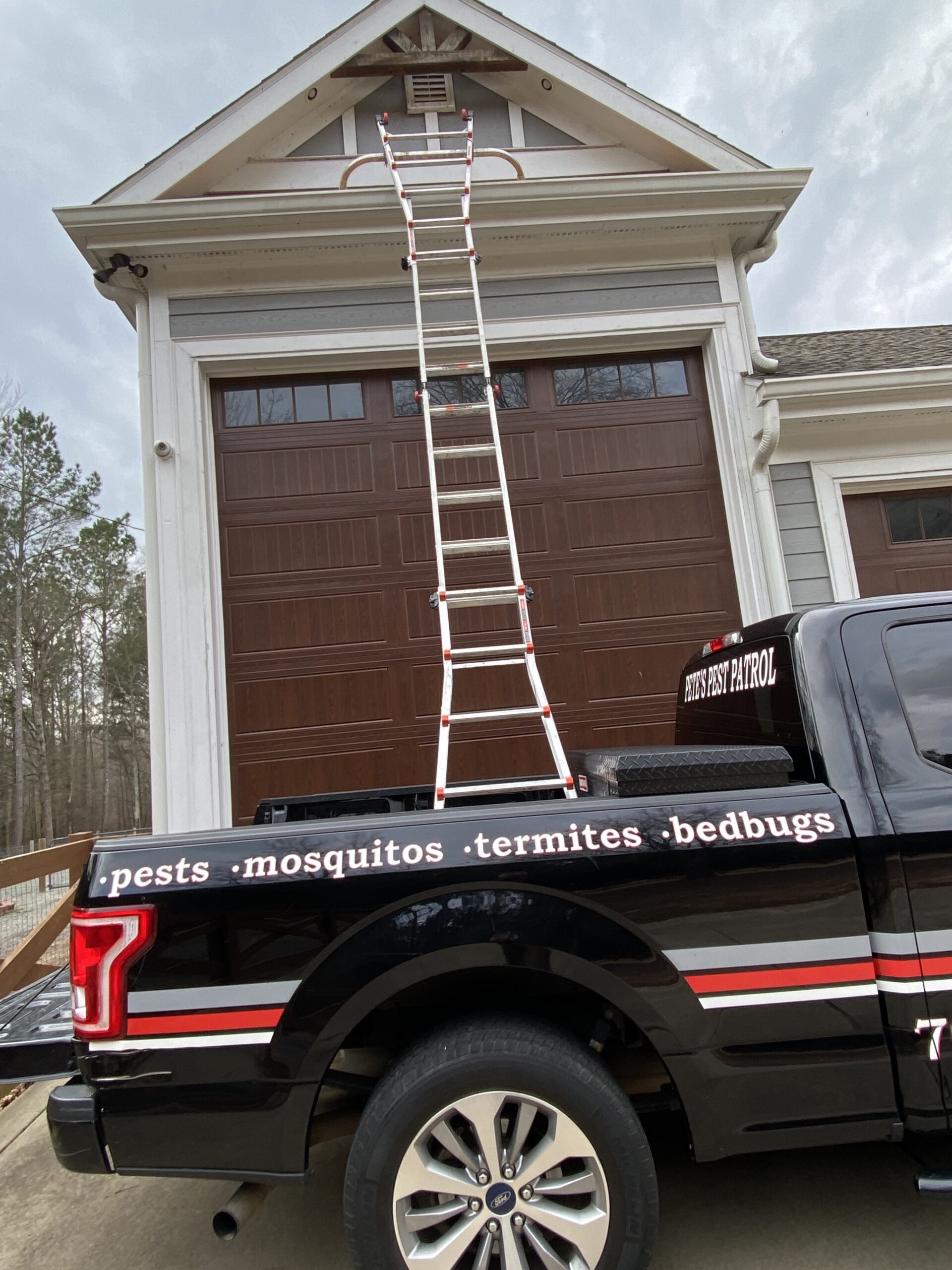
Effective Techniques
Pests That Need Extra Care | Hard-To-Kill Invaders
Some pests fight back against basic treatments. Bed bugs, termites, German roaches, and powderpost beetles need special tools and timing.
Rodents, fleas, and ticks spread disease and move quickly. They demand traps, growth regulators, and tight exclusion work.
Moisture lovers like fungus beetles thrive where leaks linger. We remove the pest and help you solve the moisture issue so they don’t return.
Some of these challenging pests include:
- Termites
- Bed Bugs
- Carpenter Ants
- German Cockroaches.
- Fleas
- Ticks
- Moths (Pantry & Clothes)
- Mold and Fungus Beetles
- Powderpost Beetles
- Rodents (Rats & Mice)
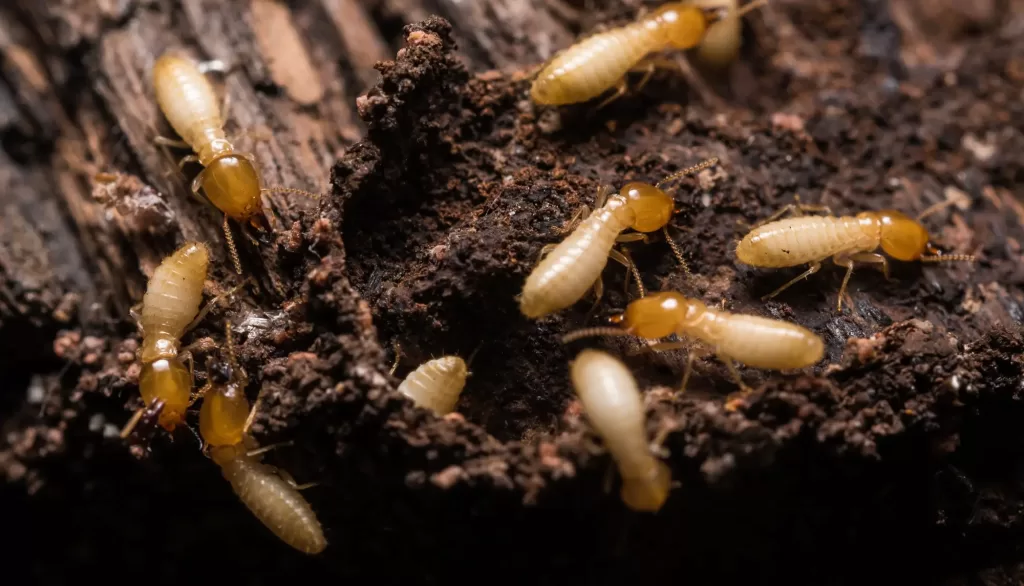
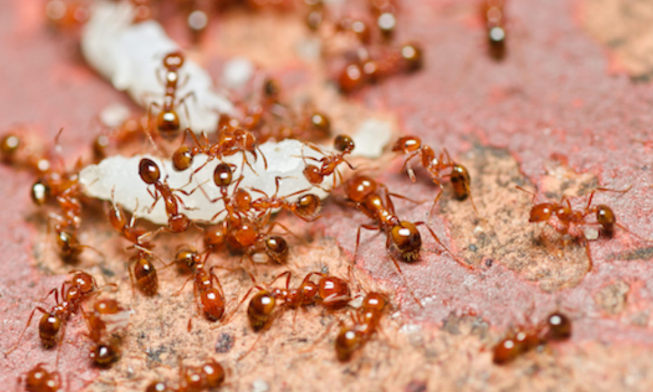
Our Extermination Process
How Our Pest Control Services Work
First, we inspect and identify. You’ll know what we found, where it’s hiding, and what it will take to clear it.
Next, we treat with the right mix of tools: exclusion, baits, growth regulators, or heat. Every step fits your pest and your space.
Finally, we follow up. We adjust if needed and share tips to keep pests out. That’s full-service protection you can trust.
Proven extermination methods used by professionals:
- Insect Growth Regulators (IGRs)
- Chemical Pesticides
- Biological Control
- Heat Treatment
- Fumigation
- Bait Stations
- Diatomaceous Earth
- Barrier Methods
Choose Pete’s Pest Patrol for Specialty Pest Removal in Athens, GA
You deserve fast help and real answers. Pete’s Pest Patrol delivers both with true specialty pest removal and friendly service.
Our local team knows Athens homes and the pests that love them. We back our work and make the process easy from call to completion.
Ready to stop the crawl? Contact Pete’s Pest Patrol today for the best specialty pest control and pest control services in the area. Contact our team of pest control experts today!
